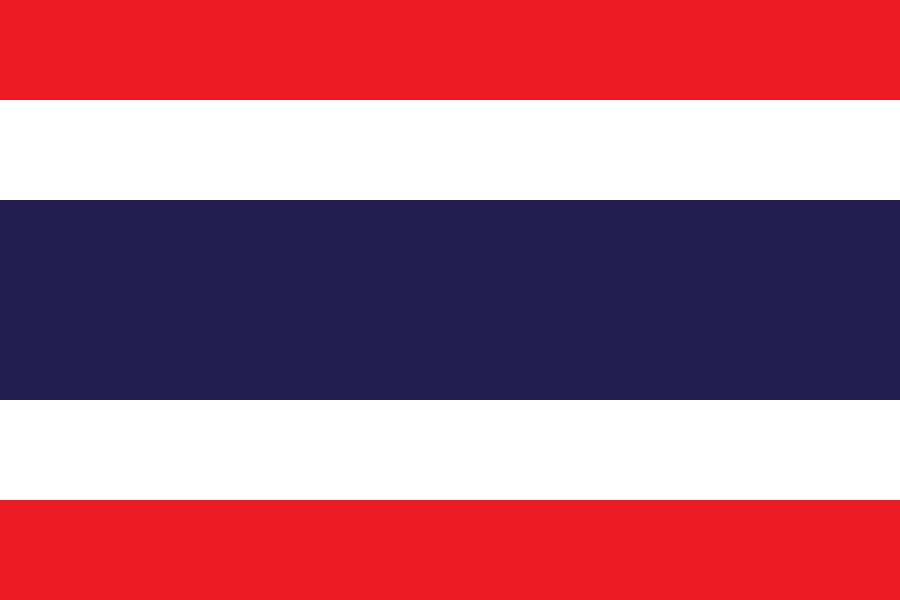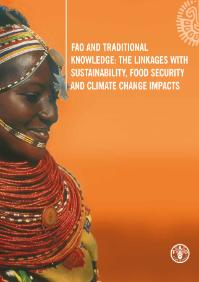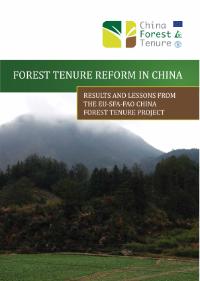Location
A unified Thai kingdom was established in the mid-14th century. Known as Siam until 1939, Thailand is the only Southeast Asian country never to have been colonized by a European power. A bloodless revolution in 1932 led to the establishment of a constitutional monarchy. In alliance with Japan during World War II, Thailand became a US treaty ally in 1954 after sending troops to Korea and later fighting alongside the US in Vietnam. Thailand since 2005 has experienced several rounds of political turmoil including a military coup in 2006 that ousted then Prime Minister THAKSIN Chinnawat, followed by large-scale street protests by competing political factions in 2008, 2009, and 2010. THAKSIN's youngest sister, YINGLAK Chinnawat, in 2011 led the Puea Thai Party to an electoral win and assumed control of the government. A blanket amnesty bill for individuals involved in street protests, altered at the last minute to include all political crimes - including all convictions against THAKSIN - triggered months of large-scale anti-government protests in Bangkok beginning in November 2013. In early May 2014 YINGLAK was removed from office by the Constitutional Court and in late May 2014 the Royal Thai Army staged a coup against the caretaker government. Then head of the Royal Thai Army, Gen. PRAYUT Chan-ocha, was appointed prime minister in August 2014. The interim military government created several interim institutions to promote reform and draft a new constitution. Elections are tentatively set for mid-2017. King PHUMIPHON Adunyadet passed away in October 2016 after 70 years on the throne; his only son, WACHIRALONGKON Bodinthrathepphayawarangkun, ascended the throne in December 2016. Thailand has also experienced violence associated with the ethno-nationalist insurgency in its southern Malay-Muslim majority provinces. Since January 2004, thousands have been killed and wounded in the insurgency.
Thailand is a constitutional monarchy.
Source: CIA World Factbook
Members:
Resources
Displaying 16 - 20 of 104FAO and Traditional Knowledge: The Linkages with Sustainability, Food Security and Climate Change Impacts
In developed and developing countries all over the world, farmers and indigenous and local communities have traditional knowledge, expertise, skills and practices related to food security and to food and agricultural production and diversity. Since its creation in 1945, FAO has recognized the significant contributions these make to food and agriculture, and the relevance of on-farm/in situ and ex situ conservation of genetic resources for food and agriculture.
FAO and Traditional Knowledge: The Linkages with Sustainability, Food Security and Climate Change Impacts
In developed and developing countries all over the world, farmers and indigenous and local communities have traditional knowledge, expertise, skills and practices related to food security and to food and agricultural production and diversity. Since its creation in 1945, FAO has recognized the significant contributions these make to food and agriculture, and the relevance of on-farm/in situ and ex situ conservation of genetic resources for food and agriculture.
FAO and Traditional Knowledge: The Linkages with Sustainability, Food Security and Climate Change Impacts
In developed and developing countries all over the world, farmers and indigenous and local communities have traditional knowledge, expertise, skills and practices related to food security and to food and agricultural production and diversity. Since its creation in 1945, FAO has recognized the significant contributions these make to food and agriculture, and the relevance of on-farm/in situ and ex situ conservation of genetic resources for food and agriculture.
Forest Tenure Reform in China
The China Forest Tenure Project was implemented by the State Forest Administration (SFA) and the Food and Agriculture Organization of the United Nations (FAO). An appreciation of the lessons learned from the project requires an understanding of the context in which it operated. For that purpose, a brief sketch of the history of tenure reform in China is presented here, followed by a discussion of the tenure process and background information on policy and regulatory constraints.
Forest Tenure Reform in China
The China Forest Tenure Project was implemented by the State Forest Administration (SFA) and the Food and Agriculture Organization of the United Nations (FAO). An appreciation of the lessons learned from the project requires an understanding of the context in which it operated. For that purpose, a brief sketch of the history of tenure reform in China is presented here, followed by a discussion of the tenure process and background information on policy and regulatory constraints.



